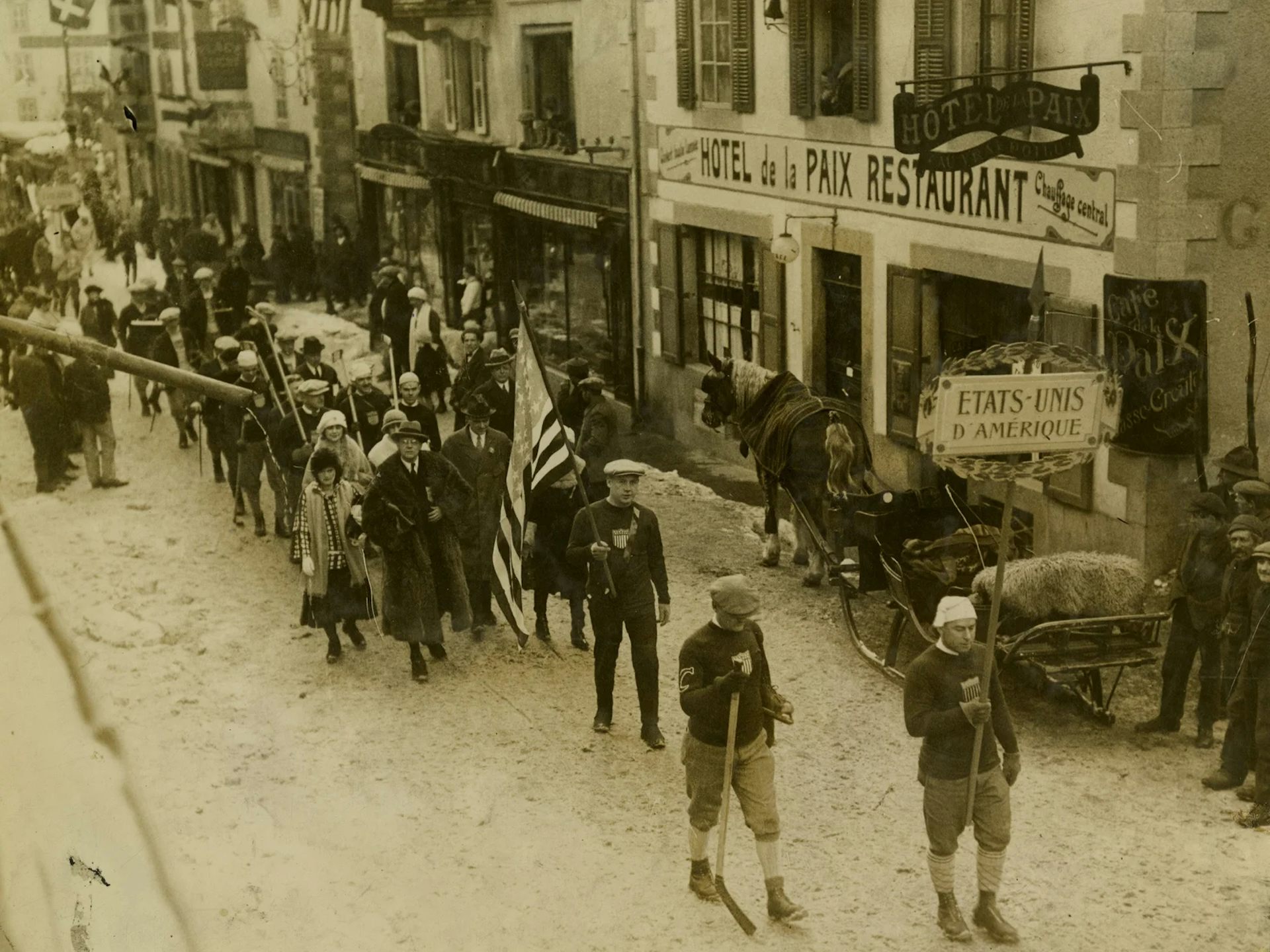What's the point of giving gifts? An anthropologist explains this ancient part of being human
Presents are about giving, receiving and reciprocating, and how this cycle strengthens relationships.

Have you planned out your holiday gift giving yet? If you’re anything like me, you might be waiting until the last minute. But whether every single present is already wrapped and ready, or you’ll hit the shops on Christmas Eve, giving gifts is a curious but central part of being human.
While researching my new book, “So Much Stuff,” on how humanity has come to depend on tools and technology over the last 3 million years, I became fascinated by the purpose of giving things away. Why would people simply hand over something precious or valuable when they could use it themselves?
To me as an anthropologist, this is an especially powerful question because giving gifts likely has ancient roots. And gifts can be found in every known culture around the world.
So, what explains the power of the present?
Undoubtedly, gifts serve lots of purposes. Some psychologists have observed a “warm glow” – an intrinsic delight – that’s associated with giving presents. Theologians have noted how gifting is a way to express moral values, such as love, kindness and gratitude, in Catholicism, Buddhism and Islam. And philosophers ranging from Seneca to Friedrich Nietzsche regarded gifting as the best demonstration of selflessness. It’s little wonder that gifts are a central part of Hannukah, Christmas, Kwanzaa and other winter holidays – and that some people may even be tempted to regard Black Friday, the opening of the year-end shopping season, as a holiday in itself.
But of all the explanations for why people give gifts, the one I find most convincing was offered in 1925 by a French anthropologist named Marcel Mauss.

Giving, receiving, reciprocating
Like many anthropologists, Mauss was puzzled by societies in which gifts were extravagantly given away.
For example, along the northwest coast of Canada and the United States, Indigenous peoples conduct potlatch ceremonies. In these dayslong feasts, hosts give away immense amounts of property. Consider a famous potlatch in 1921, held by a clan leader of the Kwakwaka’wakw Nation in Canada who gave community members 400 sacks of flour, heaps of blankets, sewing machines, furniture, canoes, gas-powered boats and even pool tables.
In a now-famous essay titled “The Gift,” originally published almost a century ago, Mauss sees potlaches as an extreme form of gifting. Yet, he suggests this behavior is totally recognizable in most every human society: We give things away even when keeping them for ourselves would seem to make much more economic and evolutionary sense.
Mauss observed that gifts create three separate but inextricably related actions. Gifts are given, received and reciprocated.
The first act of giving establishes the virtues of the gift giver. They express their generosity, kindness and honor.
The act of receiving the gift, in turn, shows a person’s willingness to be honored. This is a way for the receiver to show their own generosity, that they are willing to accept what was offered to them.
The third component of gift giving is reciprocity, returning in kind what was first given. Essentially, the person who received the gift is now expected – implicitly or explicitly – to give a gift back to the original giver.
But then, of course, once the first person gets something back, they must return yet another gift to the person who received the original gift. In this way, gifting becomes an endless loop of giving and receiving, giving and receiving.
This last step – reciprocity – is what makes gifts unique. Unlike buying something at a store, in which the exchange ends when money is traded for goods, giving gifts builds and sustains relationships. This relationship between the gift giver and receiver is bound up with morality. Gifting is an expression of fairness because each present is generally of equal or greater value than what was last given. And gifting is an expression of respect because it shows a willingness to honor the other person.
In these ways, gifting tethers people together. It keeps people connected in an infinite cycle of mutual obligations.

Giving better gifts
Are modern-day consumers unknowingly embodying Mauss’ theory a little too well? After all, many people today suffer not from the lack of gifts, but from an overabundance.
Gallup reports that the average American holiday shopper estimates they’ll spend US$975 on presents in 2023, the highest amount since this survey began in 1999.
And many gifts are simply thrown out. In the 2019 holiday season, it was estimated that more than $15 billion of gifts purchased by Americans were unwanted, with 4% going directly to the landfill. This year, holiday spending is expected to increase in the U.K., Canada, Japan and elsewhere.
Modern-day gifting practices may be the source of both awe and anger. On the one hand, by giving presents you are engaging in an ancient behavior that makes us human by growing and sustaining our relationships. On the other hand, it seems as if some societies might be using the holiday season as an excuse to simply consume more and more.
Mauss’ ideas do not promote runaway consumerism. On the contrary, his explanations of gifts suggest that the more meaningful and personal the present, the greater the respect and honor being shown. A truly thoughtful gift is far less likely to end up in a dump. And vintage, upcycled, handmade goods – or a personalized experience such as a food tour or hot air balloon ride – might even be more valued than an expensive item mass-produced on the other side of the world, shipped across oceans and packaged in plastic.
Quality gifts can speak to your values and more meaningfully sustain your relationships.
Chip Colwell receives funding from the National Endowment for the Humanities and National Science Foundation. He is affiliated with the Wenner-Gren Foundation and SAPIENS.
Read These Next
What Olympic athletes see that viewers don’t: Machine-made snow makes ski racing faster and riskier
US Olympic skiers and scientists explain the sharp differences between natural snow and machine-made…
A terrorism label that comes before the facts can turn ‘domestic terrorism’ into a useless designati
A ‘domestic terrorism’ label that comes before the facts teaches the public to treat the term as…
Clarence ‘Taffy’ Abel: A pioneering US Olympic hockey star who hid his Indigenous identity to play i
Despite being a foundational figure in American hockey, Taffy Abel – who hid his Ojibwe heritage so…






